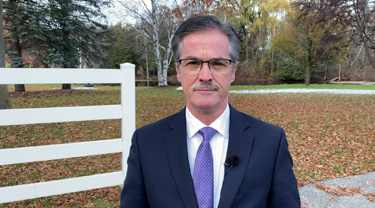Problem #1 seems to have shifted. Somehow, we have swiftly slid from a global obsession with the pandemic to managing the economic growth in its ever-present wake. Movement toward a widespread sense that herd immunity is imminent has allowed for a broad opening that’s as inconveniently early as overly punctual party guests. If recovery is what we all wanted, why has it caught us so flat-footed?
Simply put, it wasn’t expected, so we weren’t really prepared. Why? Firstly, hastily-prepared but very influential treatises on current conditions pre-concluded that recovery was going to be agonizingly slow. That was the premise for all the prescriptions in The Great Reset by Klaus Schwab and Thierry Malleret. The piece was quoted by one world leader after another in their joint efforts to not “waste a good crisis.” It essentially concluded that the world economy wouldn’t have the self-driven wherewithal to mount a meaningful comeback, and so was going to need a lot of help—not just immediately, but perpetually.
The message resonated well beyond the halls of power. Why? Well, a second reason for unpreparedness is that a sluggish recovery is what happened during the most recent economic crisis. The climb out of the global financial and economic crisis of 2008-2009 took almost a decade to recover—we were just getting there when the pandemic struck. Most were convinced that this was a “new normal” state, and hunkered down further to weather the weakness once again.
What was missed were the vastly different preconditions. Back then, there was a massive, multi-year, pre-recession bubble with an extensive global reach. Recession was overdue. This time, the opposite was true—if anything, there was a massive anti-bubble of pent-up demand created by the sluggish recovery we all wanted to leave behind. And this time, recession was a decision, not a market event.
Wait—what if massive stimulus is behind this, and rapid growth is really an illusion? A clever, but unconvincing thought. Last cycle, we also had a huge injection of both monetary and fiscal stimulus, but with far less uptake. Recall that back then, once stimulus peaked growth actually stagnated; there was very little uptake in the private economy. This time around, the economy took the boost and is now running on its own. Stimulus is working the way it was supposed to in the last go-around.



















